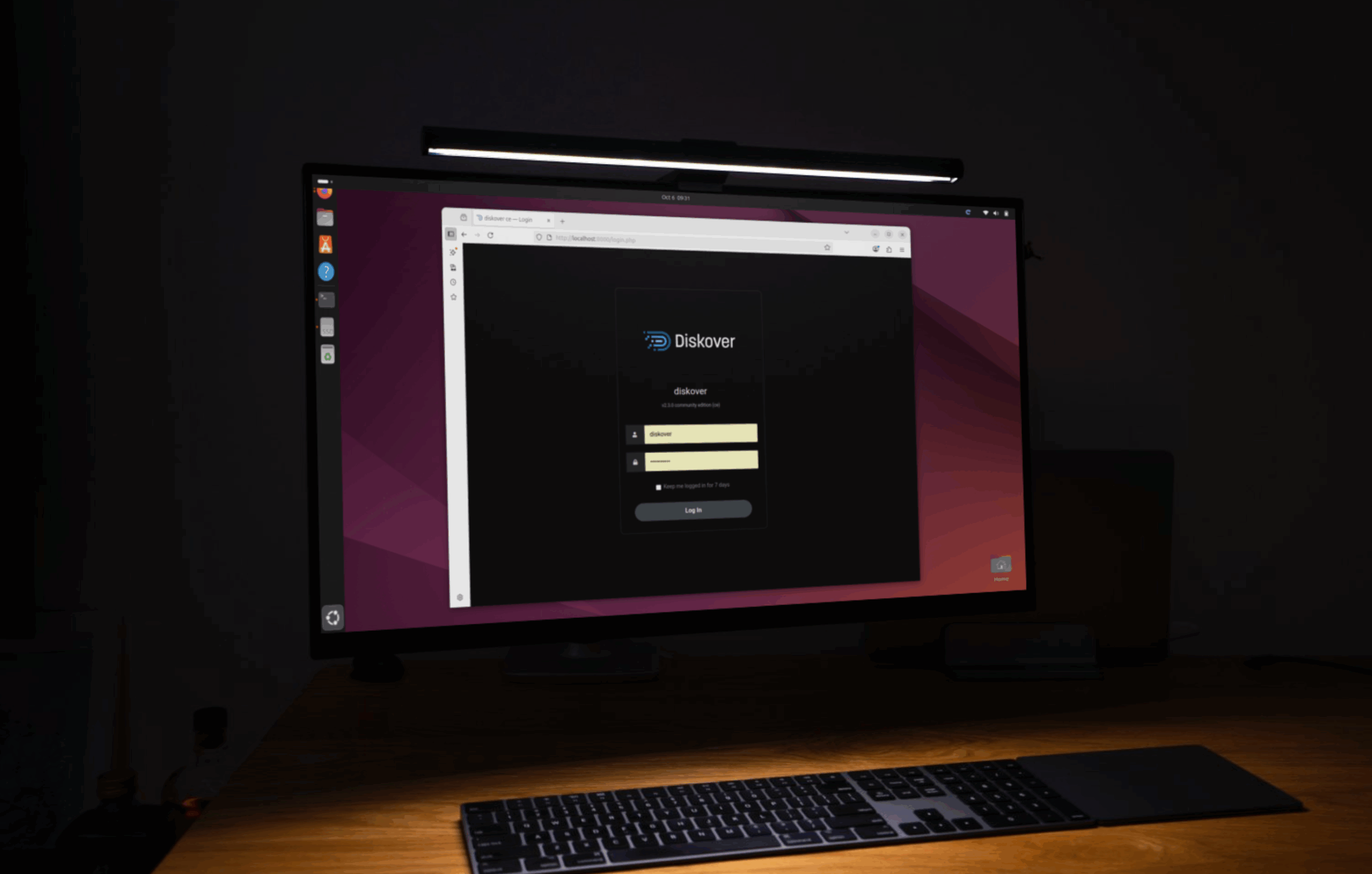UPDATE: Diskover has just launched a revolutionary free tool designed to streamline file searching across all devices, making it easier than ever to locate essential documents and data. This urgent update is crucial for anyone struggling to manage large quantities of files on their computers or networks.
As digital clutter continues to grow, users often find themselves overwhelmed. Diskover addresses this widespread issue, offering an open-source file system indexer that utilizes Elasticsearch to create a centralized catalog of files. This allows users to quickly search through local storage, attached drives, network shares, and even mounted cloud buckets—all in one place.
Why This Matters NOW: In a world where efficiency is key, Diskover empowers users to regain control over their data. This tool is not just for tech-savvy individuals; it is a game changer for anyone with a significant amount of files, from home users to small businesses. Diskover eliminates the frustration of searching through multiple drives and folders, enabling users to find what they need in seconds.
Diskover functions by running a file system crawler across directories specified by the user, indexing every file and its metadata. This includes important information such as names, paths, sizes, timestamps, and owners. The data is stored in an Elasticsearch database, ensuring that searches are fast and scalable. Importantly, Diskover never accesses actual file contents, providing a secure way to manage data without the risk of modification or deletion.
The interface is user-friendly, featuring a simple search bar and advanced filtering options. Users can refine their results by file size, type, date range, and ownership. The built-in dashboard offers insights into total files, occupied space, and a breakdown of file types, making it a powerful tool for data analysis.
Key Features Include:
– Rapid indexing of millions of files without slowing down.
– Compatibility with various storage sources, including Windows, Linux, and network protocols like NFS and SMB.
– Instant search capabilities across multiple storage locations.
Setting up Diskover requires some initial technical effort but is manageable for most users. It can run on a physical server, virtual machine, or any always-on PC/NAS, with support for Linux, macOS, or Windows. Users are encouraged to use Docker for a quicker setup process. A minimum of 4-8 GB of RAM is recommended for optimal performance.
Once installed, users can initiate the first crawl to build their index. Although the process may take some time depending on the amount of data, the results are worth the wait. After the initial setup, users can access the web interface and utilize search and filtering options to navigate their files efficiently.
Diskover is ideal for anyone dealing with large data volumes, whether at home or in a corporate setting. It helps individuals and businesses alike manage their storage effectively, identify duplicate files, and uncover wasted space. In an age where data organization is more critical than ever, Diskover provides a necessary solution.
What’s Next: Users interested in maximizing their file management and organization are encouraged to explore Diskover as a viable option. The ongoing development of this tool promises future enhancements and features that will further enrich the user experience. As more people turn to digital solutions for their file management needs, Diskover stands at the forefront of this essential shift.
Diskover is not just a tool; it’s a movement towards better data management, making it an essential addition for anyone looking to streamline their digital life. Don’t miss out on the opportunity to enhance your file searching capabilities—discover Diskover today!
